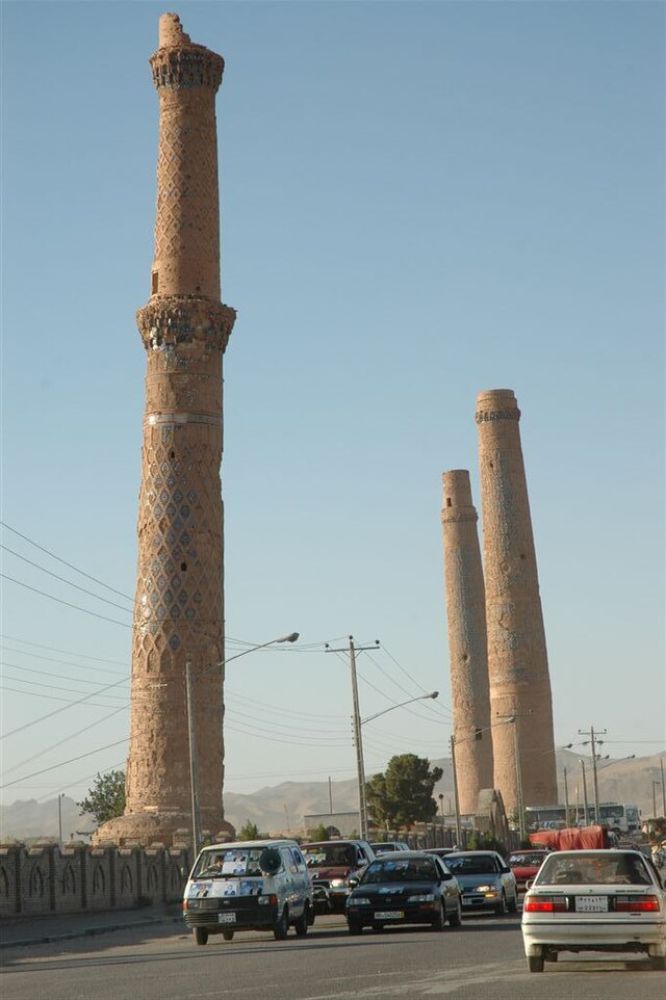

The city of Herat in Afghanistan, often referred to as the "Pearl of Khorasan," has long been recognized for its rich history and cultural significance. Among its many historical sites, the Malik Sultan Ibrahim Khan Madrassa stands out as an architectural gem that dates back to the 15th century. The madrassa was built during the Timurid era, which is known for its contribution to arts, literature, and architecture. Herat, under the Timurids, became one of the most important cities for Islamic scholars and intellectuals.
The tourism history of the Malik Sultan Ibrahim Khan Madrassa is one that has seen better days. In the past, the site attracted scholars, historians, and tourists alike, drawn to its splendid design and educational heritage. However, due to political instability and conflict in the region, tourism to significant historical sites such as the madrassa has been limited.
Before the recent conflicts, tourists came to Herat to admire the intricate tile work and majestic structures of the madrassa, as well as to delve into the academic atmosphere that once pervaded its halls. The structure served not just as a place of learning, but also as a beacon of the historical significance of the Herat region within the Islamic and global context.
Preservation efforts for the Malik Sultan Ibrahim Khan Madrassa have been complicated by the overall situation in Afghanistan. International organizations, alongside local authorities, have worked at various times to protect and restore historical sites in Herat. Despite these efforts, the challenges of war and funding constraints have made it difficult to maintain the site in its former glory.
As the global travel industry evolves, there has been an emerging trend towards responsible and sustainable tourism. While Herat and its historical jewels like the Malik Sultan Ibrahim Khan Madrassa may not be accessible to international tourists presently, the potential future of tourism in Afghanistan could focus on these principles, potentially offering community-based tourism that benefits local populations and preserves cultural heritage.
In the event that peace and stability return to the region, there is hope among heritage professionals that sites such as the Malik Sultan Ibrahim Khan Madrassa could be restored and re-opened to the public, facilitating an educational experience while contributing to the local economy.
If and when circumstances allow for safe travel to Herat, visitors looking to explore the Malik Sultan Ibrahim Khan Madrassa would be advised to check with their own country's travel advisories and to seek local knowledge on the current conditions. This ensures not only their own safety but also the respect and consideration due to the local context.
As of my knowledge cutoff in 2020, a resurgence of tourism to the Malik Sultan Ibrahim Khan Madrassa is aspirational. The world hopes to see a day when visitors can once again roam the halls of this ancient institution without fear, enriching their understanding of Afghanistan's storied past and contributing to its future prosperity.